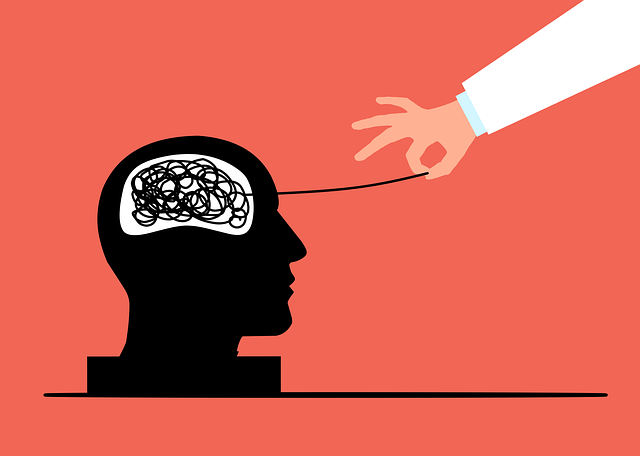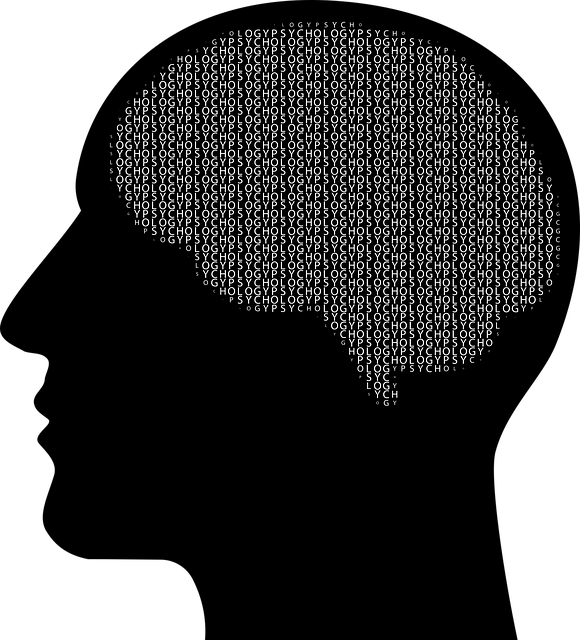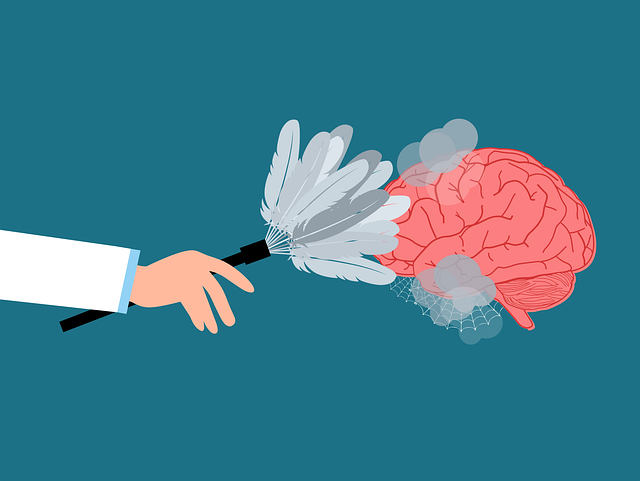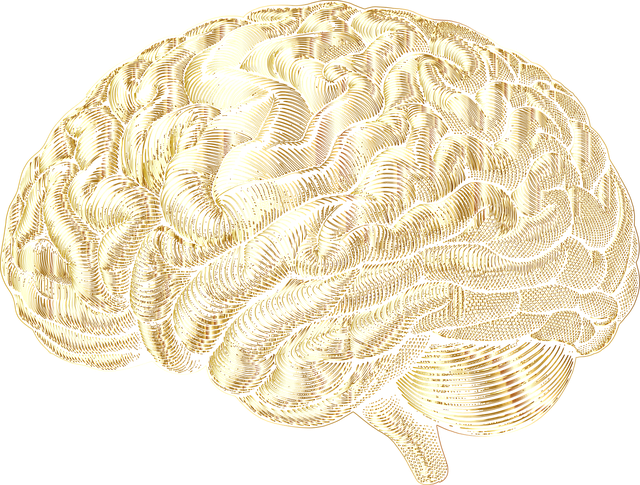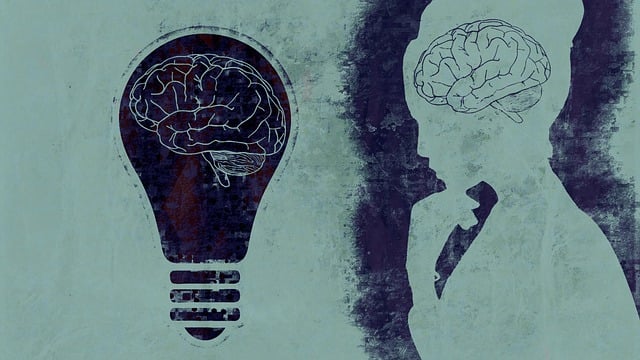Northglenn Learning Disability Therapy promotes mental wellness as equilibrium, emphasizing the holistic nature of emotional, psychological, and social well-being. They offer therapy services with a focus on self-expression through journaling to enhance awareness, reduce anxiety, and develop coping strategies. By allocating consistent daily writing time, using diverse journaling techniques, and reflecting on emotions, individuals gain insights into their mental health patterns, fostering resilience and self-care practices. This approach, advocated by Northglenn Learning Disability Therapy, empowers clients to navigate their emotional journeys effectively.
“Unwind your mind and embark on a journey of self-discovery with mental wellness journaling. This powerful practice, as supported by professionals at Northglenn Learning Disability Therapy, offers a safe space for reflection and growth.
Our article delves into the transformative potential of journaling for daily life, exploring its impact on mental health and personal development. We guide you through creating a personalized routine, effective strategies for capturing thoughts, and techniques to analyze entries for profound self-understanding. Discover how Northglenn Learning Disability Therapy leverages journaling as a game-changer in therapeutic practices.”
- Understanding Mental Wellness and Its Impact on Daily Life
- The Power of Journaling for Self-Reflection and Growth
- Creating a Supportive Journaling Routine at Northglenn Learning Disability Therapy
- Effective Strategies for Capturing Thoughts and Emotions
- Reflecting and Analyzing Journal Entries for Personal Development
Understanding Mental Wellness and Its Impact on Daily Life

Mental wellness is a cornerstone of overall health, encompassing our emotional, psychological, and social well-being. It influences how we think, feel, and act in daily life, impacting our relationships, work, and overall quality of life. At Northglenn Learning Disability Therapy, we recognize that mental wellness is not merely the absence of illness but a state of equilibrium where individuals can fulfill their potential and navigate life’s challenges effectively.
Understanding mental wellness is crucial as it affects every aspect of our lives. Issues like anxiety, depression, and stress, which are part of the emotional healing processes, can hinder our ability to function and enjoy daily activities. That’s where therapy comes in, offering strategies for emotional well-being promotion techniques that empower individuals to take control of their mental health. Moreover, through advocacy and policy analysis, Northglenn Learning Disability Therapy contributes to a broader understanding and support system for mental health, ensuring individuals receive the care they need to thrive.
The Power of Journaling for Self-Reflection and Growth

Journaling is a powerful tool for self-reflection and personal growth, offering individuals a chance to explore their thoughts and emotions in a safe and private space. For those with learning disabilities or seeking Northglenn Learning Disability Therapy, this practice can be particularly beneficial. By putting pen to paper (or fingers to keyboard), one can gain profound insights into their mental wellness, unearthing hidden patterns, and understanding triggers for stress and anxiety.
Regular self-reflection through journaling encourages the development of self-care practices, allowing individuals to better manage their mental health. It provides a dedicated moment each day or week to pause, assess emotions, and track progress towards personal goals. This simple yet effective method enhances awareness, fosters resilience, and promotes a healthier relationship with one’s thoughts and feelings—all vital components for maintaining optimal mental wellness.
Creating a Supportive Journaling Routine at Northglenn Learning Disability Therapy

At Northglenn Learning Disability Therapy, we understand the power of self-expression and its profound impact on mental health. Journaling is an incredibly effective tool to create a supportive routine for individuals seeking mental health awareness and anxiety relief. By encouraging clients to reflect and record their thoughts, feelings, and experiences, our therapists foster a safe space for emotional exploration. This practice allows them to gain insights into their inner world, leading to the development of inner strength.
Our journaling exercise guidance is tailored to meet diverse needs. We offer strategies to make this activity engaging and accessible, ensuring clients look forward to their daily or weekly writing rituals. Through structured yet flexible routines, individuals can develop a consistent practice that promotes self-care and emotional well-being.
Effective Strategies for Capturing Thoughts and Emotions

Capturing thoughts and emotions effectively is a cornerstone of mental wellness journaling. At Northglenn Learning Disability Therapy, we’ve found that establishing a routine can significantly enhance this process. Start by setting aside dedicated time each day for journaling—a quiet moment before bed or first thing in the morning works best for many. Consistency is key; try to write at the same time every day to develop a rhythm. This practice enables you to document your experiences and feelings in real-time, providing valuable insights into your mental health journey.
Incorporate diverse strategies to capture the complexity of your emotions. Use prompts like “How did I feel today?” or “What was my biggest accomplishment?” to guide your reflections. Consider including a mood tracker or using colored pens to symbolize different emotional states. These visual cues can help in identifying patterns and trends, making it easier to spot triggers and manage mental illness stigma reduction efforts. Additionally, self-awareness exercises like writing about challenges faced and coping strategies employed can foster self-esteem improvement and a deeper understanding of your internal experiences.
Reflecting and Analyzing Journal Entries for Personal Development

Reflecting on your mental wellness journey through journaling is a powerful tool for personal growth and development. By regularly reviewing your entries, you can gain valuable insights into your thoughts, emotions, and behaviors. This process allows for self-analysis, helping individuals identify patterns and triggers that impact their mental health. For instance, noticing recurring themes of stress or anxiety in your journal might prompt further exploration and subsequent changes to your Self-Care Routine Development for Better Mental Health.
At Northglenn Learning Disability Therapy, we emphasize the importance of this reflective practice for fostering Positive Thinking. Analyzing past entries can assist individuals in understanding their emotional responses to different situations, enabling them to make more informed decisions and develop effective strategies for Burnout Prevention. It’s a chance to celebrate achievements, learn from setbacks, and adapt your mental wellness approach accordingly.
Mental wellness journaling, as demonstrated by practices at Northglenn Learning Disability Therapy, is a powerful tool for self-reflection and personal growth. By effectively capturing thoughts and emotions through structured routines, individuals can navigate life’s challenges with greater resilience. Through regular reflection and analysis of journal entries, users can uncover insights that drive positive change, ultimately enhancing overall mental wellness. This evidence-based approach, backed by research on the benefits of journaling, encourages folks to take an active role in fostering their own emotional well-being.



